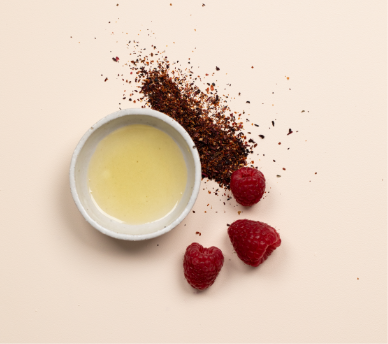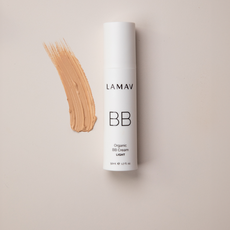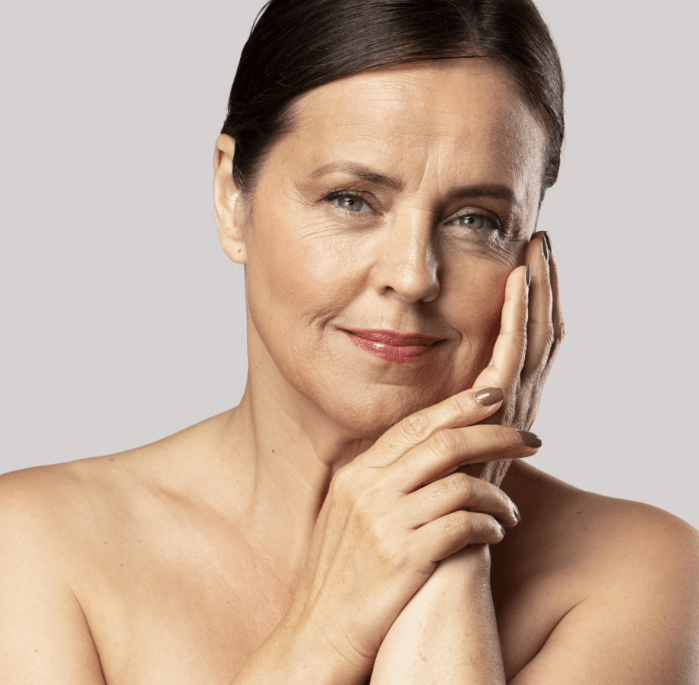Did you know that there are things we do on a daily basis that actually make our skin age faster? Let’s go through the 5 most common “contributors” to premature aging and see how to keep our skin healthy & happy longer!
Here are 5 Common Ageing Factors & Simple Ways To Prevent Them
1. Your Diet
Diet plays a key role in maintaining skin’s health. Following the wrong diet (one that consists primarily of refined sugar, trans fats and alcohol) inevitably affects the overall condition of your skin.
If you want to preserve the firmness and suppleness of your skin, include in your diet foods that are food rich in omega-3 fatty acids and alpha-linoleic acid such as flaxseed, avocados, salmon, and olive oil + plenty of fruits and vegetable.
Remember that feeding your body from the inside is just as important as feeding your skin from the outside! LAMAV offers certified organic, pure, toxic-free products that deliver outstanding results naturally!
2. Too Much Stress
Various studies have shown that stress can speed up cellular ageing, and to be honest, this doesn’t surprise us. Even though in today’s dog eat dog world, it’s hard to escape stress, it is not impossible to reduce it. Small changes, can make a huge difference in the way you handle stress, so why not start today?
Try to exercise more, spend more time outside, meet up with friends and find time to be alone with yourself. Meditation may seem like a very complicated practice, but once you get into it, you’ll see that you, just like everyone else, can achieve inner piece.
3. Negative Thoughts
Maybe you don’t realize it, but when you are thinking about negative things, you’re silently expressing your thoughts on your face, by changing your facial expression. Frowning leads to the formation of deep wrinkles, that are very hard to get rid of ageing. So try not to worry about the littlest of things and smile more. Although, smiling, they say, also leads to crow’s feet and smile lines.
Which leads us to our next everyday thing that ages us.
4. Ditching Moisturizers & Eye Creams
As I mentioned about smiling, this can also lead to wrinkles. But, with the right products, these premature wrinkles can be avoided. Some of us might be too lazy to apply eye cream daily. But if you want to stay looking youthful even in your prime, as early as possible, invest in a good eye cream. Of course like a good eye cream, a good moisturizer also helps prevent premature wrinkles. If you’re already seeing signs of premature ageing, a moisturizer with hibiscus is a good choice for you. Hibiscus can help relax skin and visibly smooth wrinkles. Talk about a miracle flower!
If you want to slow down the clock and preserve your skin as healthy looking as it is (and do it all naturally) we have something for you! LAMAV’s Anti Aging Range, thanks to scientifically proven bio-actives, plant extracts & pure natural oils, will rejuvenate your skin, making it glow like never before!
Give your skin the gift of organic beauty!
5. Skipping Sun Protection
Lastly, as much as we love getting our golden tans, the sun is probably the number 1 cause for premature ageing. Excessive sun exposure leads to wrinkles, and worse, skin cancer. A sunscreen that’s at least SPF 30 is advisable for daily use. It’s best to purchase separate sunscreens for the face and body, as body sunscreens may be too harsh for your face and cause breakouts. Also, purchase makeup with SPF to add even more protection. And if you can, avoid sun exposure between 10am and 4pm. If you absolutely can’t avoid it, wear a hat and clothing to protect your bare skin. Trust me, you will thank your younger version of you 20 years from now.











